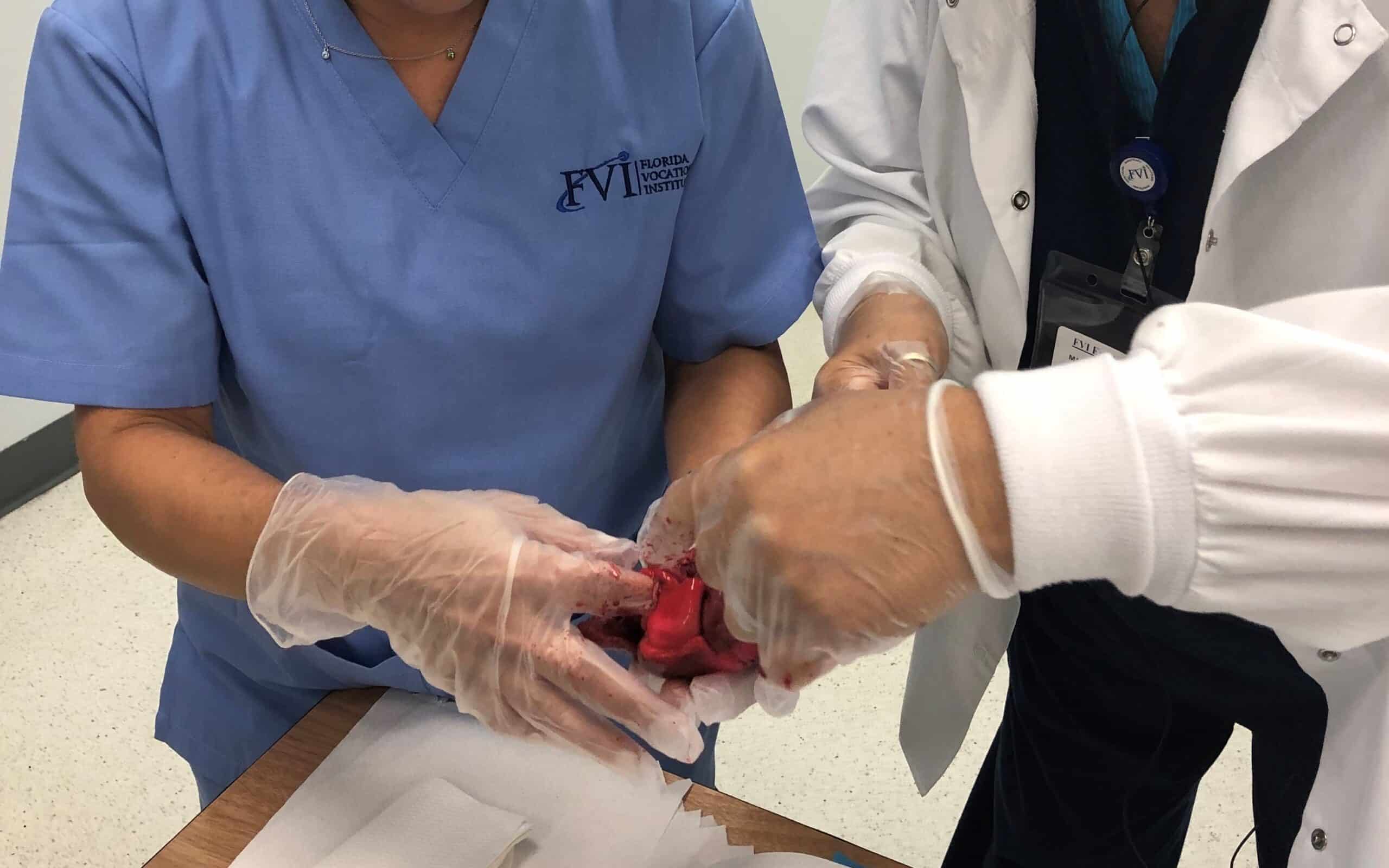
How To Learn Medical Terminology As A Medical Assistant
Understanding medical terminology is an essential part of becoming a Medical Assistant. It’s not uncommon to feel overwhelmed by the complex jargon used in the healthcare field at first. But fear not – with the right approach, anyone can master it. 5 Methods to Master Medical Terminology Learning medical terminology is a vital step towards […]










